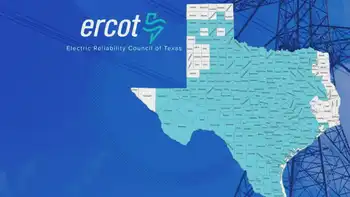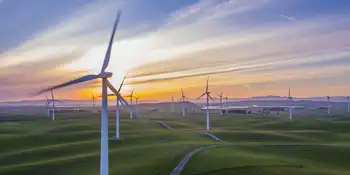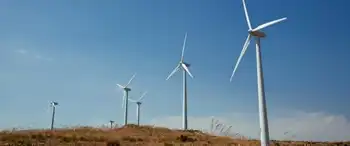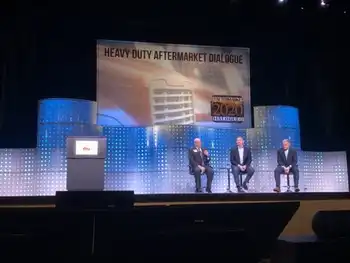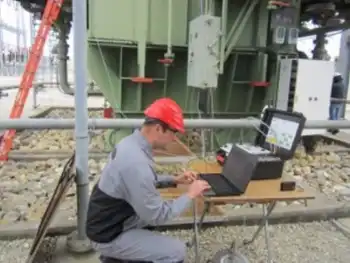Network of nuclear waste sites proposed
By Reuters
Protective Relay Training - Basic
Our customized live online or in‑person group training can be delivered to your staff at your location.

- Live Online
- 12 hours Instructor-led
- Group Training Available
The United States has debated what to do with radioactive waste for decades. The problem came into focus again after the Fukushima Daiichi nuclear disaster, where fuel stored in spent pools contributed to radiation leaks that officials are still struggling to contain.
Congress passed a law to build a dump deep inside Yucca Mountain, Nevada, but the Obama administration suspended that plan because of vociferous opposition in the state, and set up the "blue ribbon" panel to come up with a new strategy.
Finding other communities willing to accept sites to hold waste for up to 100 years will require negotiation, incentives, and major investments in research into recycling and reducing waste, the commission said.
It wants Congress to establish a new, independent agency to oversee the waste storage sites and work closely with communities willing to accept them nearby.
"It will only work if it's combined with... a process for getting an ultimate disposal site," said John Rowe, a commissioner and chief executive of Exelon Corp, which operates 17 nuclear plants.
"One of the things that makes finding an interim site so hard... is that people are afraid there will never be the other shoe dropping," he said, citing "50 years of broken promises" on nuclear waste disposal.
Republicans intent on reviving Yucca Mountain indicated the panel's report didn't put that political battle to rest.
"The Obama administration's blue ribbon panel is nothing short of a smokescreen. We already have a long-term, visionary plan for permanent storage in Yucca Mountain," said Fred Upton and John Shimkus of the House Energy and Commerce Committee.
U.S. nuclear waste is currently stored on-site at the nation's 104 reactors but safety concerns have been raised about keeping it strewn throughout the country.
The facilities could start on a relatively small scale by holding only fuel from nine decommissioned reactor sites, said panel member Richard Meserve, a former chairman of the Nuclear Regulatory Commission.
Eventually the capacity of the storage would have to grow to hold more waste as aging plants shut down, he said.
The U.S. nuclear industry, still the world's largest, has struggled with the storage problem ever since the first nuclear power plant was built in the 1950s.
New nuclear development in the United States ground to a halt after the Three Mile Island accident in 1979 but that hasn't stopped the existing plants from burning through many thousands of fuel rods since.
The United States has almost 65,000 tons of spent nuclear fuel stored at 75 sites in 33 states, "enough to fill a football field nearly 15 feet deep," the Government Accountability Office said in a report.
The panel didn't touch the issue of how quickly to require plants to move waste out of pools and into "dry casks" that are seen by many as safer — nor did it rule on security features of the design of waste storage, said Thomas Cochran, a physicist who works with the National Resources Defense Council, an advocacy group.
Cochran told the panel it should call for a review of the technical issues that is independent of the NRC's ongoing review of U.S. nuclear safety in the wake of Fukushima.
The NRC said some U.S. nuclear plants could do a better job preparing for a catastrophic event.
As part of its work, the commission traveled to Sweden, Finland, and other countries successfully storing waste.
That experience helped Per Peterson, chair of the nuclear engineering department at the University of California-Berkeley, overcome skepticism that any community would voluntarily accept nuclear waste.
"We could actually be successful," said Peterson, explaining how the integrated system envisioned by the commission has the potential to win over critics.
The commission will deliver a written set of draft recommendations by July, and will consider public comments for its final report, due in January.
Opponents of nuclear power expressed disappointment with the commissioners' ideas at a meeting.
But an alliance of communities potentially interested in "hosting" interim storage sites said it was pleased with the approach — and the recognition that a permanent disposal site is ultimately required.
"I think you'd be very hard-pressed to find someone — given everything that's happened up to this point — consider interim storage before there's a plan for permanent storage," said Kara Colton, senior program director with the Energy Communities Alliance.





